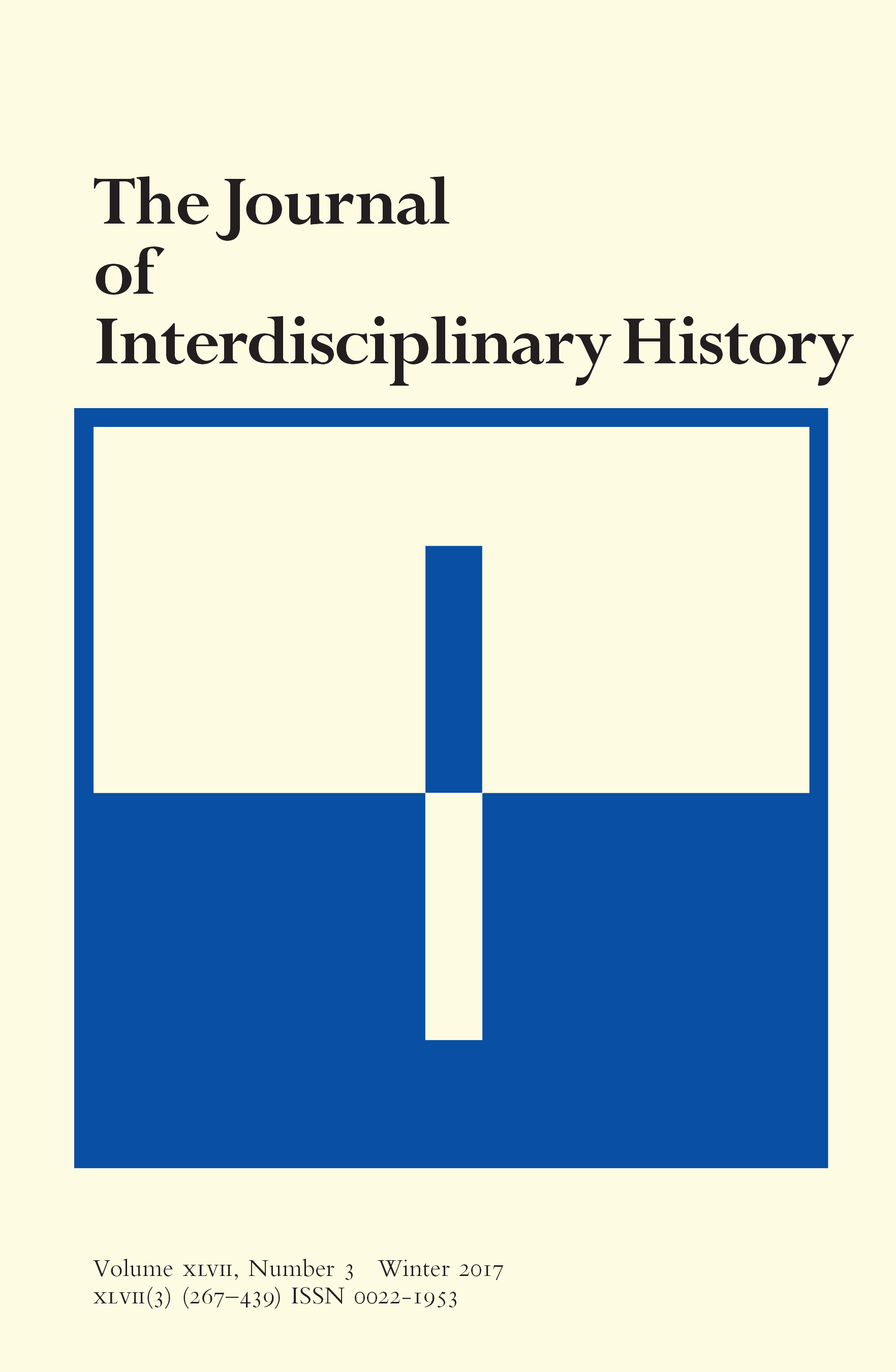Roper has written an extraordinarily and admirably ambitious book. His stated goal is nothing less than to comprehend how and why what he refers to as the “English Empire” developed as a global process and phenomenon during the course of the seventeenth century. Within this frame, his argument is twofold: first, that “a cohort of aristocrats and merchants … “assumed the primary responsibility for advancing seventeenth-century English commercial and territorial activities”; second, that such a sociology of imperial agents determined that the goals and methods of the English Empire would remain largely static and unchanged across the period under analysis (2).
In thematic and methodological contrast to those scholars who located “ideologies” or “visions” of empire in the seventeenth century, Roper assumes his subjects to have been motivated only by “self-interest,” competing with rival Catholics and Protestants in international markets with equal fervor (9). This emphasis on what the “non-state”...

